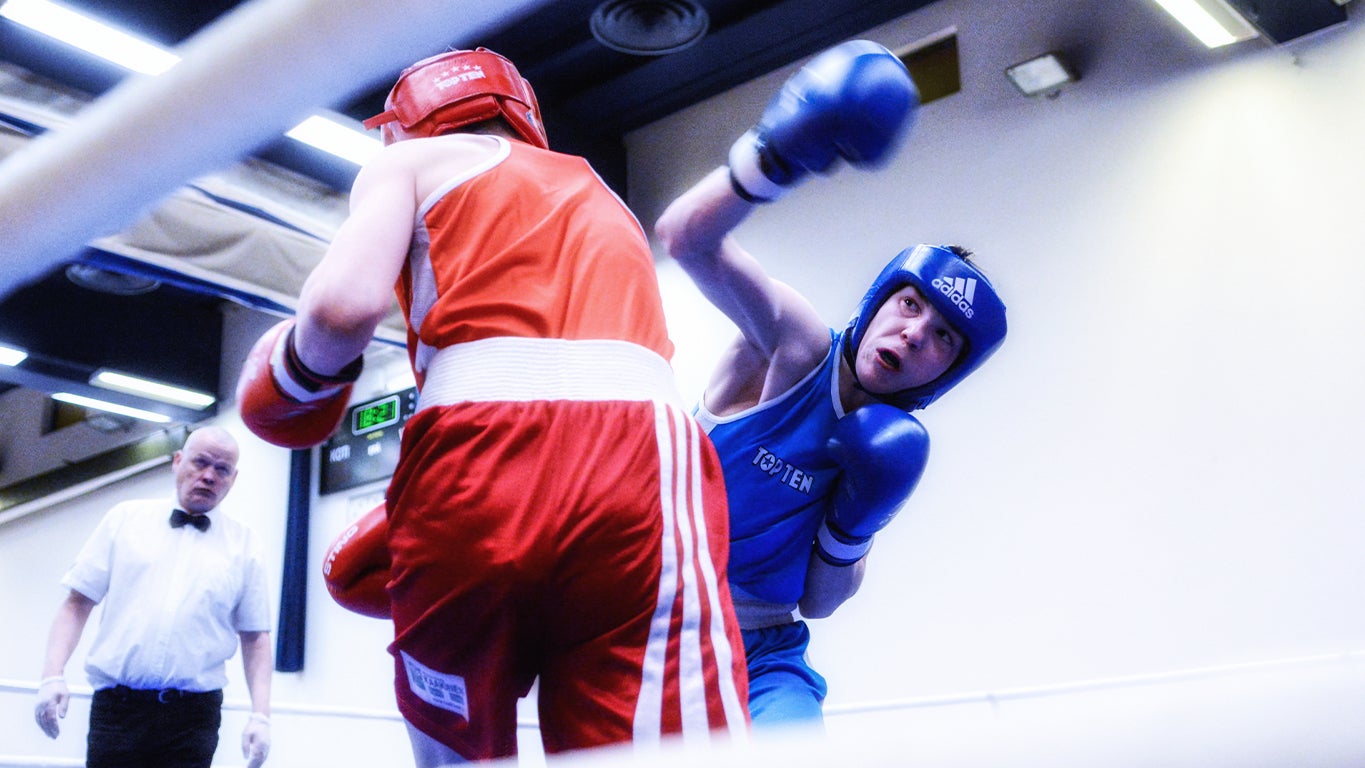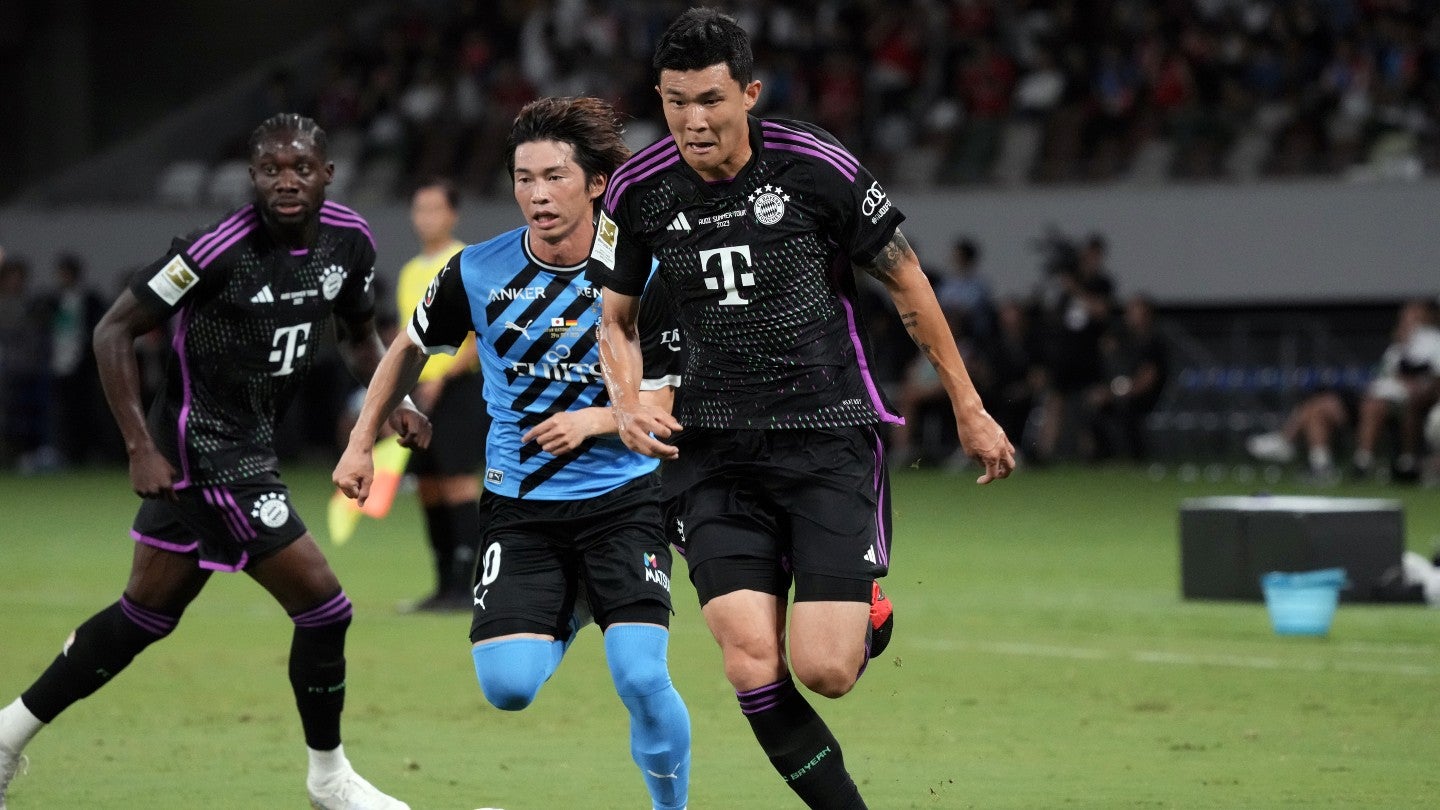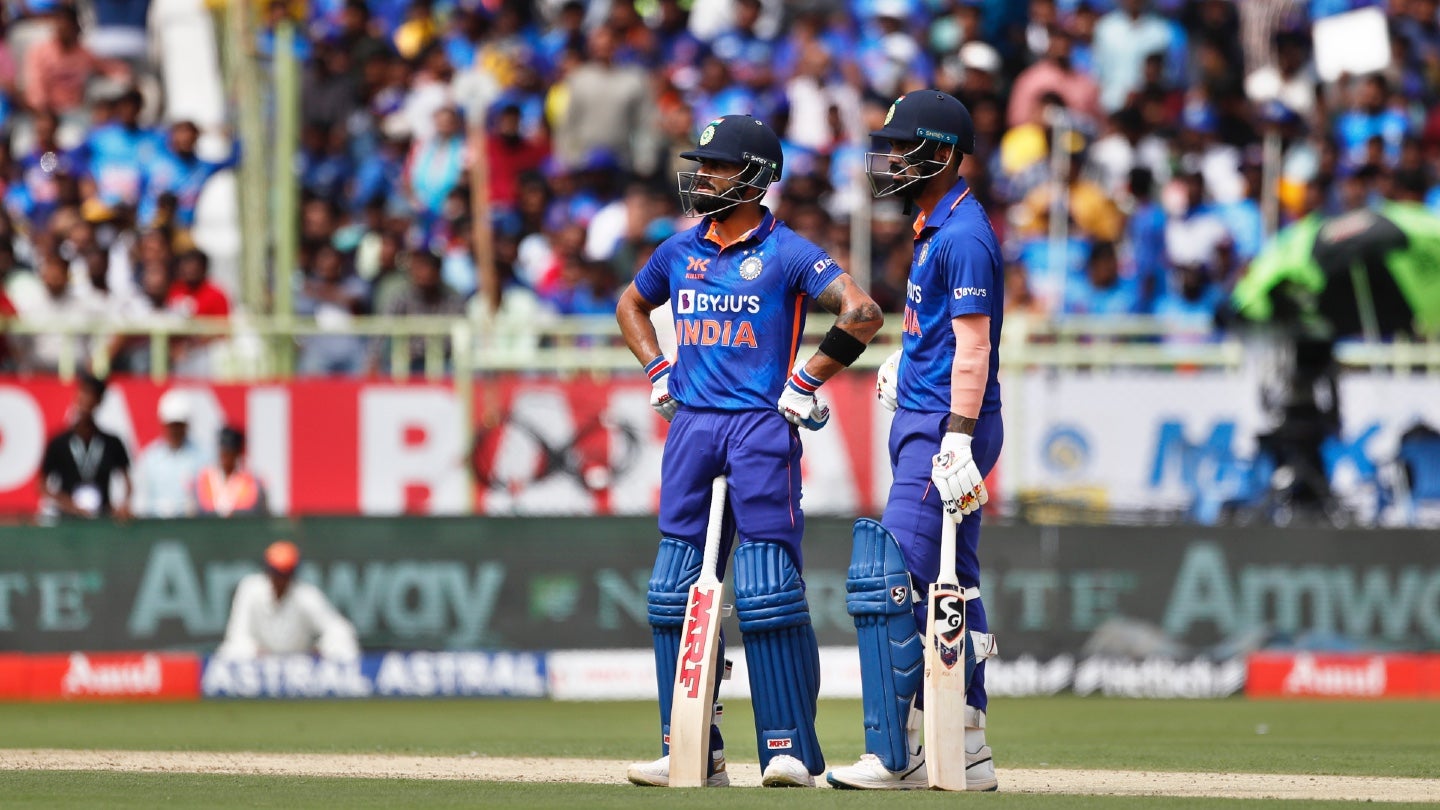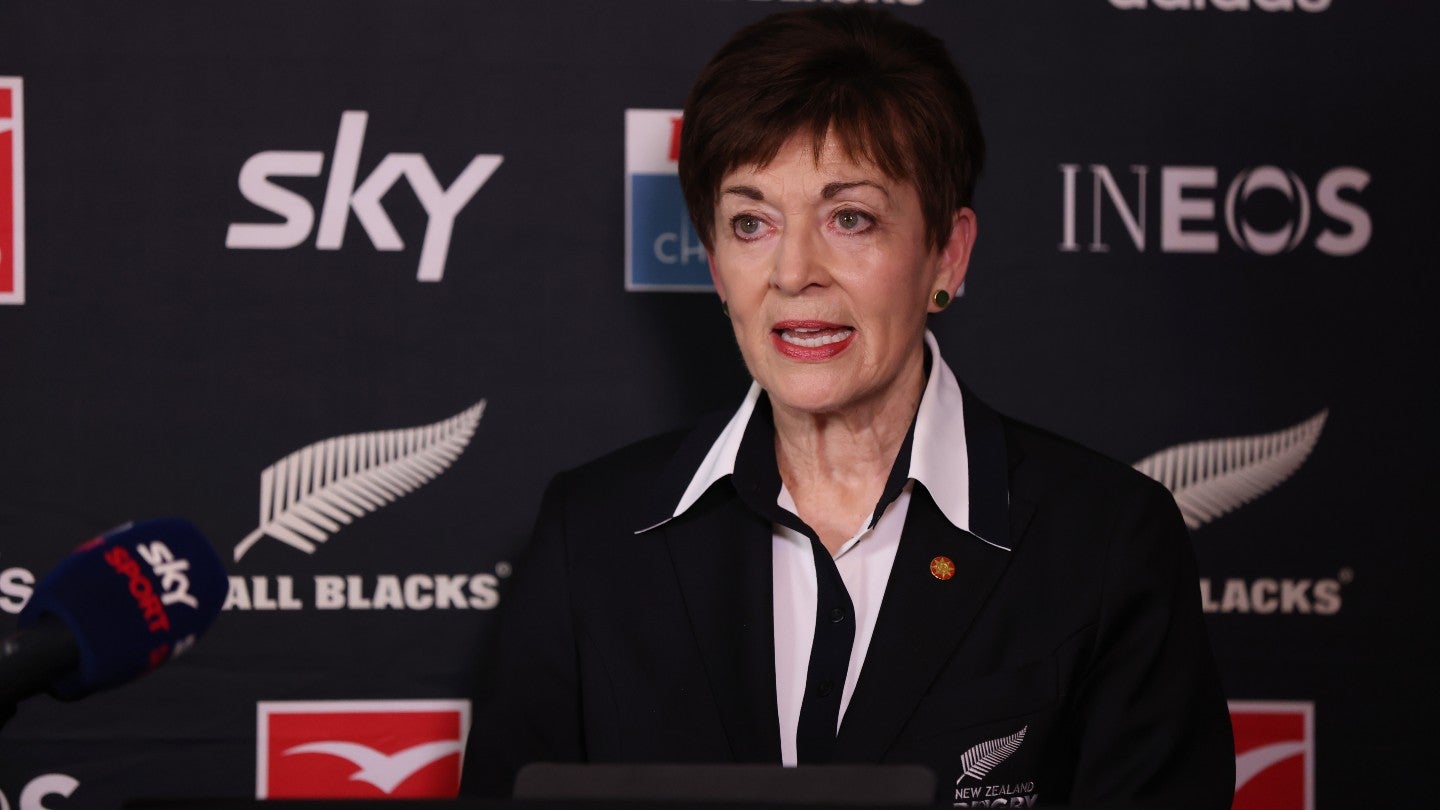Finland has announced its decision to leave the Russia-led International Boxing Association (IBA) and join breakaway rival World Boxing, citing concerns over participation at the Paris 2024 Olympic Games.
On Tuesday (29 August), Finnish Boxing Federation executive director Marko Laine told Finnish media company YLE: "The IOC [International Olympic Committee] has already shelved the IBA and the qualifying tournaments for the Olympics are events organized by the IOC. There should not be Russians or Belarusians involved in these events. We want to continue participating in the Olympics and we believe that World Boxing will make participation possible.”
The background
Founded earlier this year, World Boxing is made up of 12 member federations including the US, UK, Australia, and Germany. Its stated aim is to preserve boxing’s presence at the Paris Olympics, which had been jeopardized since the IOC banished the IBA from running boxing competitions.
In May, the IBA suspended federations from Sweden, the Netherlands, New Zealand, and Germany for joining World Boxing, which it described as a “rogue boxing organization”. This followed an unsuccessful complaint lodged with the Boxing Independent Integrity Unit when USA Boxing terminated its 77-year membership with the IBA ahead of World Boxing’s formation.
The IBA has also clamped down on member federations it identifies as having indirect links with World Boxing. When the Czech Republic organized an international tournament involving US boxers and officials, the IBA swiftly removed it as a member. To avoid such culling, improve its Olympic prospects, and distance itself from the Russian regime, Finland has officially pulled out of the IBA.
What it means
The ongoing disintegration of the embattled IBA has been accelerated by concerns around corruption, governance, and ethics. IBA President Umar Kremlev, who was born in Serpukhov near Moscow, allows his compatriot boxers to participate under Russian country codes in direct opposition to the IOC stance.
At the IBA World Boxing Championships in March, Anastasiia Demurchian became the first Russian to win a medal while competing under the country’s flag since the invasion of Ukraine. This directly defied the IOC, which has pulled no punches in strongly opposing Russia’s invasion. At Olympic events in Paris, Russian and Belarussian athletes will be able to display “no flag, anthems or other national symbols whatsoever,” the IOC has said.
According to GlobalData’s Geopolitics in Sport (2023) report, the IOC’s verdict echoes the 2018 Winter Olympics, when it also banned Russian athletes from competing under their country’s flag due to an ongoing doping scandal.
Controversially, the IOC reinstated Russia’s Olympic status at the 2022 Winter Olympics – at which 15-year-old Russian figure skater Kamila Valieva tested positive for multiple banned substances. The IOC is unlikely to exercise as much leniency and forgiveness towards Russia this time around.
Focusing back on Finland, the decision to ditch the Russia-led IBA represents a wider geopolitical alignment with the West. Helsinki formally joined the NATO security alliance in April, a decision lauded as a diplomatic triumph over Moscow for the US and other Western nations.
As the most geopolitically charged event in world sport, next year’s Olympics will reveal the affiliations of athletes, countries, and governing bodies alike, with the IBA-World Boxing saga expected to be one of many ideological battlegrounds.















